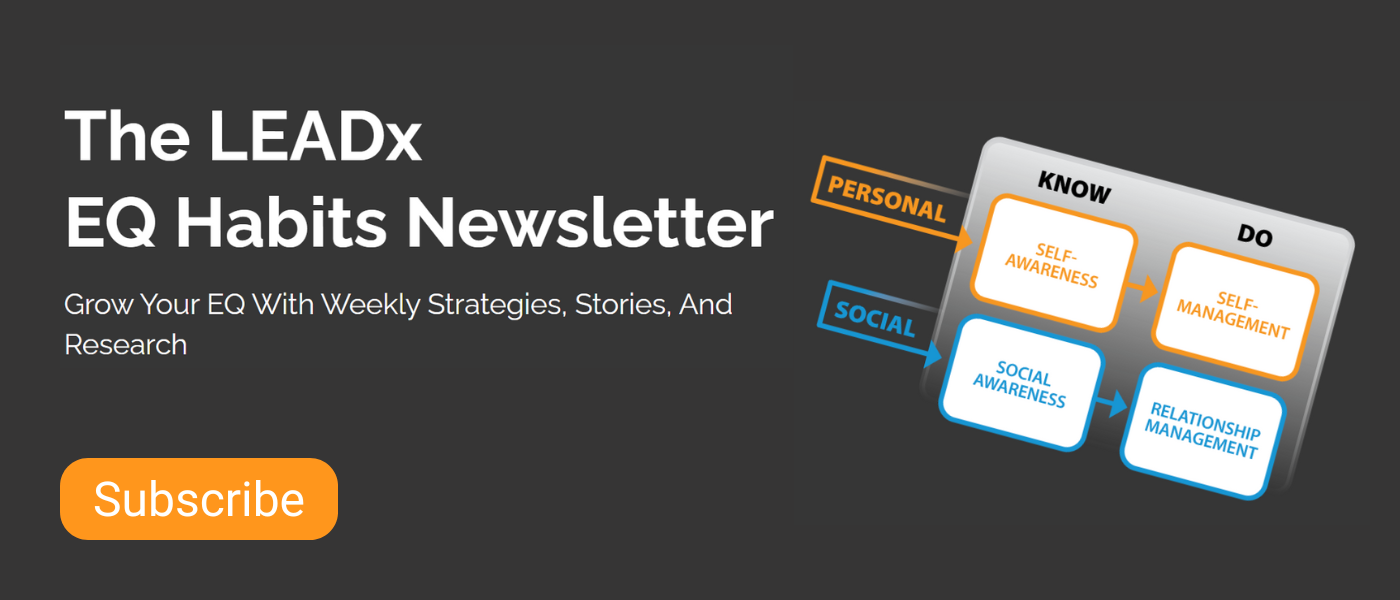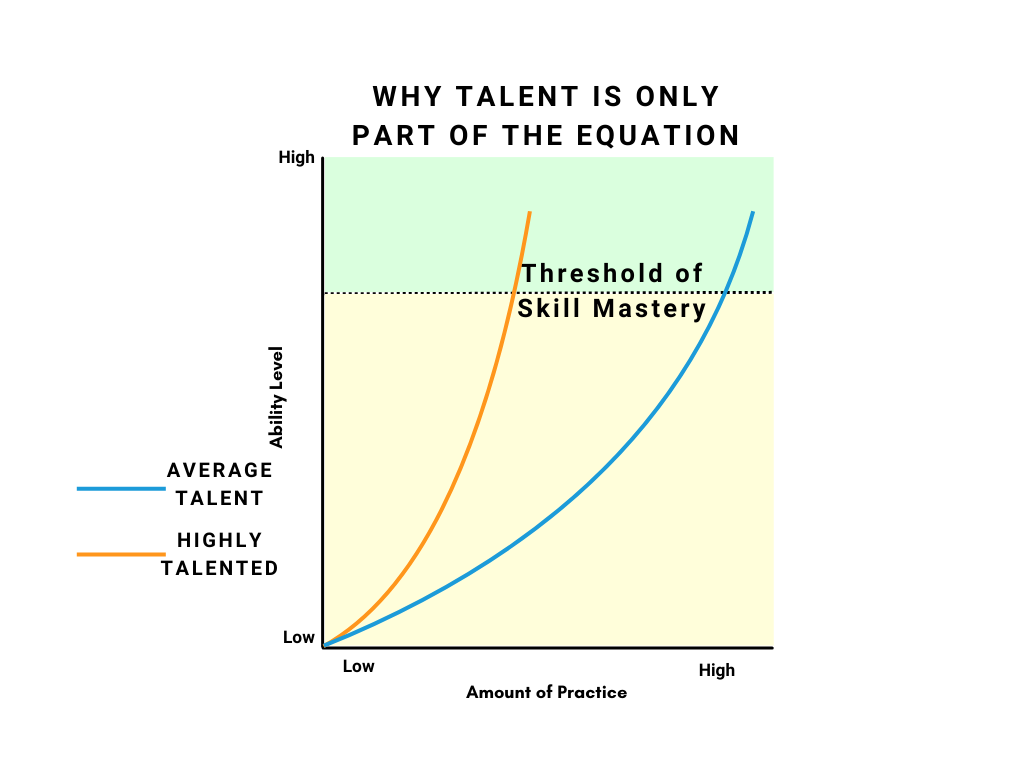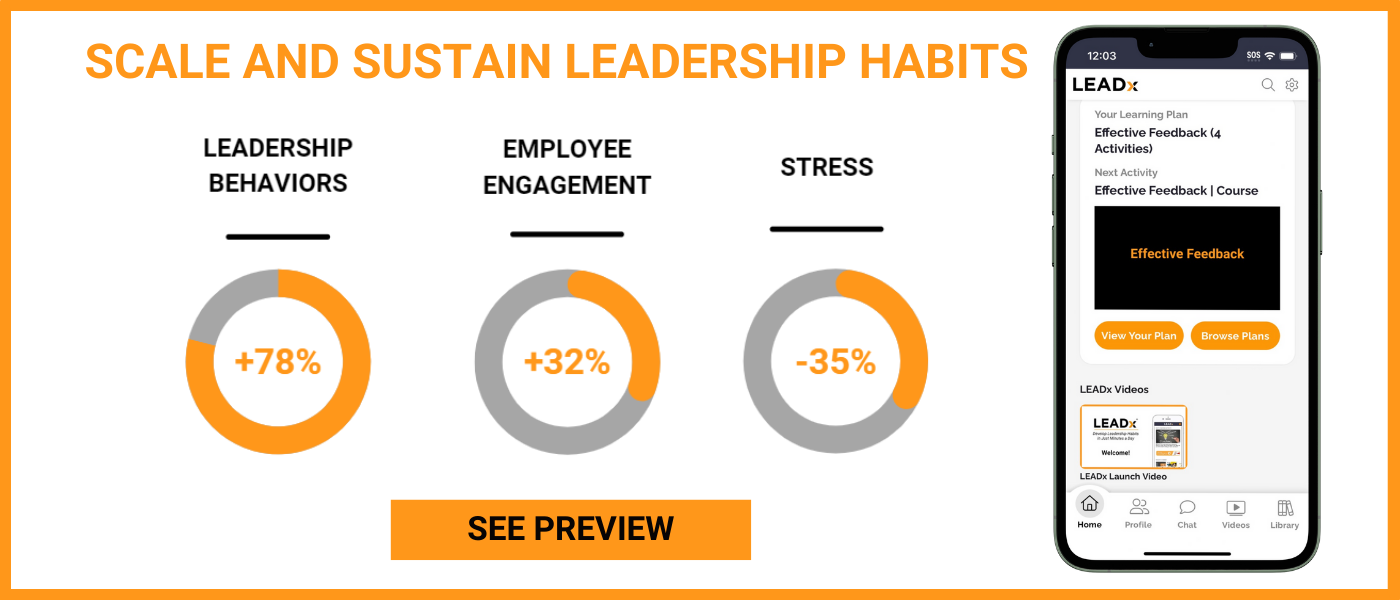
Honoré de Balzac is undoubtedly one of the greatest French writers of all time. But that wasn’t always the case. You might even say he started out “bad” at writing. Only through an absurd degree of discipline over the course of ten years did he transform into one of the greats. From the age of 20 to 30, he chained himself to his desk, wore monks’ robes while writing, and refused to eat because he believed digestion would disturb his writing process.
 Finally, at the age of 31, he achieved his first commercial success—La Peau de chagrin (The Wild Donkey’s Skin). Following this success, he only worked harder and harder. He spent the next 20 years writing and drinking gallons and gallons of coffee (often getting just two hours of sleep). In twenty years, he produced 90 literary novels, including his magnum opus series, La Comédie humaine, which included 48 volumes and 3500 unique characters (a cast only rivaled by the likes of Shakespeare and Dickens).
Finally, at the age of 31, he achieved his first commercial success—La Peau de chagrin (The Wild Donkey’s Skin). Following this success, he only worked harder and harder. He spent the next 20 years writing and drinking gallons and gallons of coffee (often getting just two hours of sleep). In twenty years, he produced 90 literary novels, including his magnum opus series, La Comédie humaine, which included 48 volumes and 3500 unique characters (a cast only rivaled by the likes of Shakespeare and Dickens).
To be clear, the point of this article is not to talk about how to overwork yourself like Balzac. Rather, the idea is to show how much you can accomplish through consistent self-discipline, and how emotional intelligence (EQ) strategies can help you grow your discipline.
Our Genius Obsession: The Difference Between ‘Talent’ and ‘Skill’
America has an unhealthy obsession with the idea of geniuses. We love to attribute success to raw talent, even though most success stories highlight the exact opposite. Just look at Balzac chaining himself to his desk, or Kobe Bryant, who didn’t score a single point for an entire basketball season when he was 11. Or one of my personal favorites being the baseball player Manny Ramirez, who would get labeled as a “lazy hitting freak” for his nonchalant confidence on the field, but was known by his teammates to practice hitting every day until a literal pool of sweat collected at his feet.
Talent is your natural ability to acquire skill. Skill is your ability to do something. If you’re a talented writer, you might not need ten years of furious, non-stop writing to arrive at your first commercial success. Instead, you might be more like Mary Shelley and write Frankenstein at the age of 19. Talented people need to work to acquire skills, too. They just get further faster. For this reason, a less talented person can still catch up; it just takes time and effort. As Stephen King famously said, “Talent is cheaper than table salt.”

How EQ Can Help You Grow Your Discipline (Without Working Absurd Hours)
In a world designed to steal your attention (we literally call it this era the attention economy), being thoughtful about your attention is an advantage. Here are three EQ strategies you can use to grow your self-discipline.
1. If You Can’t Get Started, Think Smaller
The best metaphor I’ve heard for the struggle of getting started is from neuroscientist Andrew Huberman. He says, “There is a gate of entry. You have to wade through some sewage before you can swim in clear water.” The reason it feels that way is that when you sit down to focus, “the brain circuits that turn on first are from the stress system. You feel agitated, and your mind’s jumping all over the place—that is just a gate. You have to pass through that gate to get to the focus component.”
The EQ Takeaway: Being able to recognize and push through that initial moment is a matter of emotional intelligence. That’s why this simplification strategy from Dr. Becky Kennedy works so well. When you struggle to get started, just keep breaking your starting point down into smaller and smaller units. This will help you get through that sewage. To (over)extend the metaphor, it’s like focusing on each step through the sewage until you suddenly find yourself out in the open water. If Kennedy is writing an article, for example, and she’s struggling to get started, she says. “It just means the first step isn’t small enough.” So she goes smaller: A page, a paragraph, even a word. Of course, once she cracks that starting point, it’s game on.
2. Accumulate Little Wins to Build Big Momentum
Small wins are like those little accelerators on a hot wheel track. They keep you moving toward goals by refreshing you with positive emotions and reinforcing your habits.
Norwegian author Karl Ove Knausgård has to be one of the most prolific writers of our time. He’s written 16 books and is currently writing one book per year. And they aren’t little books either. His most recent, The Wolves of Eternity, was over 800 pages. To write at this extreme pace, he relies on a simple system. He writes three new pages every day and sends them to his editor. “I needed help,” Knausgård explained. “I still need a lot of help. I send my manuscript to my editor at the end of every day, and he replies every morning.”
The EQ Takeaway: Researchers Teresa Amabile and Steven Kramer looked at 12,000 diary entries across 238 employees and found that those who made even very minor progress on meaningful work sparked profound improvements in their “inner work life,” which includes their daily emotions, perceptions, and motivations. Taking even a tiny amount of time to engage in something meaningful will improve your inner life and build your motivation for future effort.
3. Pace Yourself: Consistency Over Time Wins
As James Clear made famous in his book Atomic Habits, it’s the consistent daily actions that multiply into something much bigger. Just a fraction of a percent improvement each day leads to massive long-term gains. Pacing yourself includes knowing when to stop for the day, week, or month. Balzac tragically worked himself to death at just 51 years old, his lack of sleep exhausting him. At 60% effort, he could have worked for another 20-30 years, lived a better life, and written significantly more. While this is a very extreme example, it applies to everything in life. You need sufficient time to recharge your battery, or else you’re working at the detriment of your health. Runners, lifters, and athletes all know how important it is to take “true rest days” where you devote yourself to rest and recovery. The same is true of all disciplines.
The EQ Takeaway: Follow what I call “The Hemingway Rule.” Whenever Hemingway was working on a story or a novel, he’d always try to stop while he still knew where he wanted to go with his writing. That way, he could pick up his pen the next day and jump right in. He’d even try to stop mid-sentence sometimes. By stopping when you know you have more in the tank, you can save a lot for the next day or the next week. Often, that’s more valuable than forcing yourself to continue, then waking up running on fumes.






